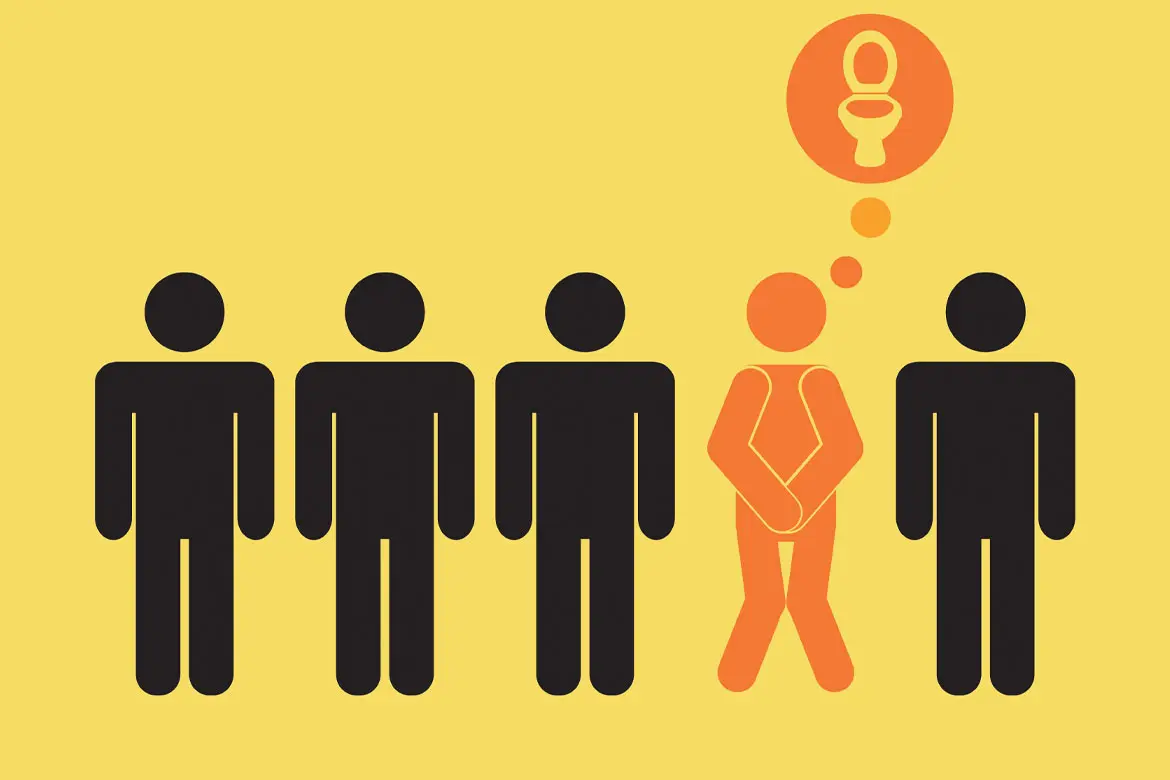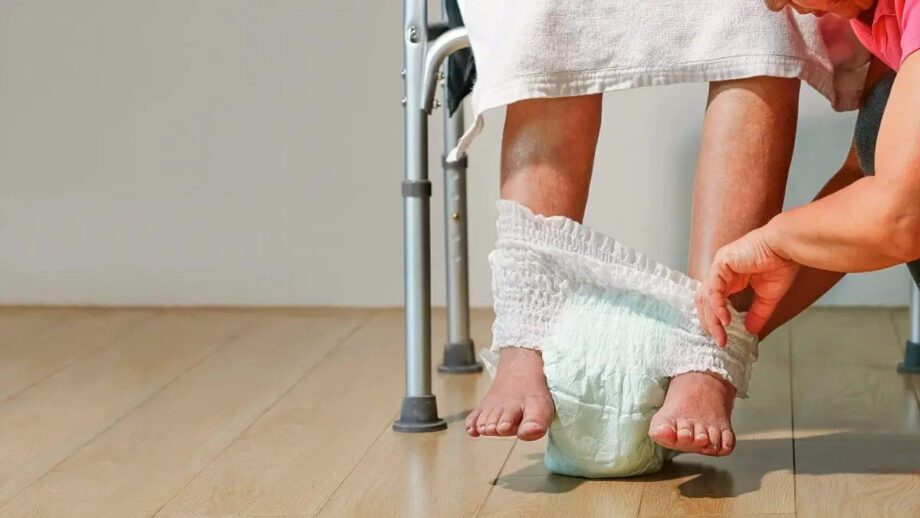As we age and undergo lifestyle changes, our bodies also respond accordingly. One of the most common issues among ageing people, especially women, is urinary incontinence. Incontinence refers to weak bladder control, which can lead to embarrassing situations and affect a person’s quality of life. In this blog, we will talk about causes and prevention of urinary incontinence.
There are different types of urinary incontinence, categorised so according to their causes. There is stress incontinence (urine leaks on exerting pressure on your bladder by coughing, sneezing), urge incontinence, overflow incontinence, functional (due to physical or mental impairment) and mixed incontinence.
We will dive deeper into some of their causes and preventive measures in this blog.
What Causes Urinary Incontinence And How To Prevent It?
1. Causes of temporary urinary incontinence:
Consuming certain products (drinks, food, medicines) may act as diuretics, triggering an increase in urine volume. Hence, only nil or controlled consumption is advocated for things like alcohol, caffeine, chilli peppers and artificially flavoured drinks and sugar.

2. Weak Pelvic Floor Muscles:
The pelvic floor muscles are responsible for controlling the bladder and bowels. If these muscles are weak, it can lead to leakage or loss of bladder control. Weak pelvic floor muscles can occur due to reasons like pregnancy and childbirth, obesity, ageing, and certain medical conditions.
3. Urinary Tract Infections:
Urinary tract infections (UTIs) commonly cause incontinence, particularly in women. UTIs occur when bacteria enter the urinary tract and cause an infection. UTIs can cause inflammation in the bladder and urethra, leading to an overactive bladder and frequent urination.
4. Prostate Problems:
Men may experience incontinence due to an enlarged prostate gland or prostate cancer. The prostate gland surrounds the urethra, which carries urine out of the body. As the prostate gland grows, it puts pressure on the urethra, causing incontinence.
5. Neurological Disorders:
Certain neurological disorders, such as Parkinson’s disease, multiple sclerosis, and spinal cord injuries, can affect bladder control. These conditions can damage the nerves that control the bladder.
6. Medications:
Some medications, such as diuretics and sedatives, can affect bladder function. Diuretics are medications that increase urine production, while sedatives are medications that can cause drowsiness and relaxation of the bladder muscles.

Now, let’s look at some precautionary steps for urinary incontinence:
Having looked at the causes of urinary incontinence, we shall now look at ways to prevent or manage incontinence. Here are some of the most effective precautionary steps:
1. Strengthen Your Pelvic Floor Muscles:
Kegel exercises are a great way to strengthen your pelvic floor muscles. These exercises involve squeezing and releasing your pelvic muscles as if you were trying to stop the flow of urine. You can do these exercises at any time, and they are especially effective when done regularly. Kegel exercises can help improve bladder control and reduce leakage.
2. Maintain a Healthy Weight:
Being overweight or obese can put extra pressure on your bladder, leading to incontinence. Maintaining a healthy weight through diet and exercise can help alleviate this pressure. If you haven’t already, make dietary changes and build an exercise regime to stay fit.
Read Five Steps To Rash-Free Urine Incontinence
3. Stay Hydrated:
It may seem counterintuitive, but drinking plenty of water helps alleviate incontinence. When you don’t drink enough water, your urine becomes concentrated, which can irritate the bladder and lead to urgency and leakage. Drinking plenty of water can help dilute your urine and reduce irritation.
4. Avoid Irritating Foods and Drinks:
Certain foods and drinks, such as caffeine, alcohol, spicy foods, and citrus fruits, can irritate the bladder and exacerbate incontinence. It’s essential to pay attention to how your body reacts to different foods and drinks and avoid those that cause irritation. Keeping a food diary can help you identify foods that trigger incontinence.

5. Practice Good Bathroom Habits:
Finally, it’s essential to practice good bathroom habits to help prevent incontinence. This includes emptying your bladder regularly, even if you don’t feel the urge to go, and taking your time when you do go to ensure that your bladder is completely empty. You should also avoid straining when you go to the bathroom, as this can weaken your pelvic floor muscles. Additionally, it’s essential to avoid holding your urine for too long, as this can lead to an overactive bladder and incontinence.t
Conclusion: Causes and Prevention of Urinary Incontinence
Following the above-mentioned precautionary steps is as important as it can get! To summarise, strengthening your pelvic floor muscles, maintain a healthy weight, stay hydrated, avoiding irritating foods and drinks, and practice perfect bathroom habits. If you’re experiencing incontinence, it’s essential to talk to your healthcare provider, as they can help you identify the underlying cause and develop a treatment plan that works for you. With the suitable precautions and treatment, incontinence doesn’t have to impact your quality of life.

